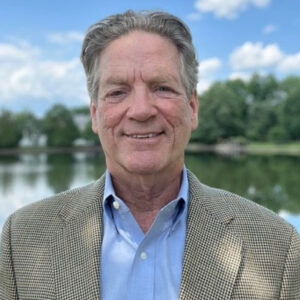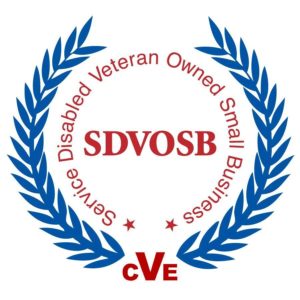
Chris Kane, P.E., J.D. – Environmental and Construction
Mediation, Arbitration and Advisory Opinions
The use of mediation, arbitration and collaborative methods early on in an environmental, design, construction or business-related conflict situation can save significant amounts of time and costs, as well as preserving relationships.
CHRIS KANE, P.E., J.D. is an experienced engineer, lawyer and neutral who has an established practice of over 25 years as a neutral problem solver in collaborative conflict resolution (CCR) and mediation. He specialized for over 40 years in business and private practice on reaching agreements for technical, construction, environmental, design, financial and contract matters, and as a result requires very little learning curve to get up to speed. He is particularly skilled at working through the complications arising from opposing adversarial experts in getting to resolution through techniques such as joint fact finding, non-binding advisory opinions, mini-trials and use of “hot tubbing”.
Overview – Why collaborative conflict resolution?
The challenges of “conflicts” in building and preserving our environment: In undertaking any construction project, or any significant change in land use or any environmental remediation, there is a high potential for conflicts. Contracting parties, affected communities, political bodies, neighbors and a wide variety of other stakeholders can be involved. But by their nature these conflicts are often highly technical, involving high costs and often emotionally charged. The primary objective should be to resolve these disputes in a cost effective and timely manner, while maximizing the interests of most, if not all, of the stakeholders in the matter.
Collaboration and mediation can optimize the process and solutions: Mediation is the use of a neutral third party to manage a collaborative problem solving process by and for the parties to the conflict. In mediation the participants retain total control of the outcome which can include a limited number of choices to meet their combined terms. If the neutral has a technical and a legal background, the costs of education and briefing the neutral are minimal. The parties and neutral can quickly focus their energy on finding innovative and creative solutions, which is not possible with a third party decision-maker.
The adversarial path to “resolution” is a narrow, long, and expensive one: When adversarial approaches are applied to these conflicts, such as litigation, arbitration, or an administrative agency, a third party is given total control to decide the outcome. Time to get to that outcome is commonly counted is years. The parties are forced to spend tremendous amounts of resources in an effort to educate and influence that third party decision-maker, so he or she will favor their position over their opponents. Frequently relationships are irreparably harmed. It is a win-lose proposition. Studies have shown that 95% of civil lawsuits will settle before trial. Yet these settlements occur after most of the costs, time and damage to relationships in the process have already occurred
Share This - Choose Your Platform!

| Areas of Expertise |
| Resiliency and Adaptation |
| TOD and Joint Development |
| Water and Wastewater |
| Transportation Systems |
| Energy & Environment |
| Alternative Project Delivery |
| Qualifications |
| Professional Engineer (Va) |
| Lawyer (Va, DC, NJ, PA) |
| Over 45 Years Experience |
| Mediator 30 Years |
| GW University – Law |
| West Point – Engineering |

